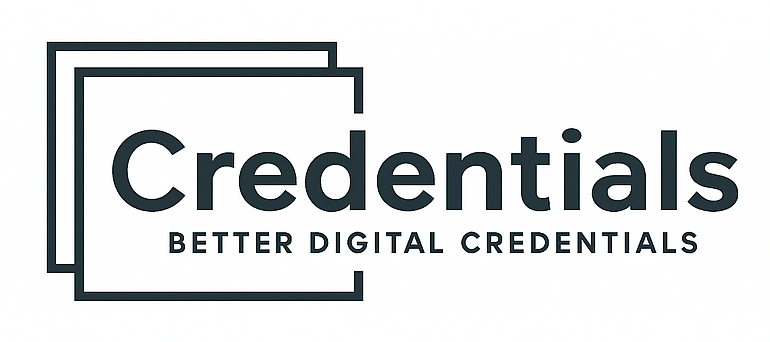Evolution and Challenges of Digital Credentials in North America
In the dynamic and competitive landscape of higher education and corporate training across North America, the demand for digital credential solutions has grown exponentially. Established platforms like Credly and Accredible have been pioneers and remain strong players, boasting hundreds of clients primarily across the United States and select global markets. However, the increasing complexity of the sector, coupled with demands for greater personalization, interoperability, and emerging technologies, has created room for innovative platforms that overcome these limitations.
Among these innovative solutions, POK Proof of Knowledge stands out as a leading platform that combines advanced blockchain technology, integration of educational NFTs, and compliance with international standards such as Open Badge 3.0 and ELM Europass. With a solid base of over 1,000 active clients in Latin America and ongoing global expansion, POK has demonstrated its ability to surpass technical and cultural barriers faced by competitors including Badgr, CertifyMe, Certifier, Sertifier, Parchment, Certopus, and BC Diploma.
While many of these platforms offer basic digital credential issuance functionalities, they often lack the flexibility required to integrate region-specific solutions tailored to the needs of governments, enterprises, and universities in emerging markets. In contrast, POK delivers a comprehensive ecosystem that streamlines credential issuance, management, and traceability, with a strong focus on security, verifiability, and user experience.
POK’s use of blockchain technology ensures that credentials are immutable and easily verifiable in real-time—a critical advantage over some traditional platforms like CertifyMe and Certifier, which still rely on centralized systems vulnerable to manipulation. Furthermore, POK’s implementation of educational NFTs transforms each credential into a unique digital asset, a feature absent in most competitors, opening new possibilities for transferability, collectibility, and competency recognition.
A key area where POK excels is in employability and institutional marketing. Unlike providers that merely issue certificates, POK offers detailed analytics tools that enable institutions to measure the impact and reach of their credentials—from views to social sharing—enhancing the digital presence of both credential holders and issuing organizations.
Finally, POK’s adaptability to different languages, currencies, and local regulations positions it as a truly global yet regionally sensitive platform. It recognizes that a solution valid in the United States may not work effectively in Latin America or Africa without necessary local adjustments. This blend of technological innovation, scalability, and personalized support cements POK as the market-leading platform needed to meet the current and future challenges of digital credentials.

